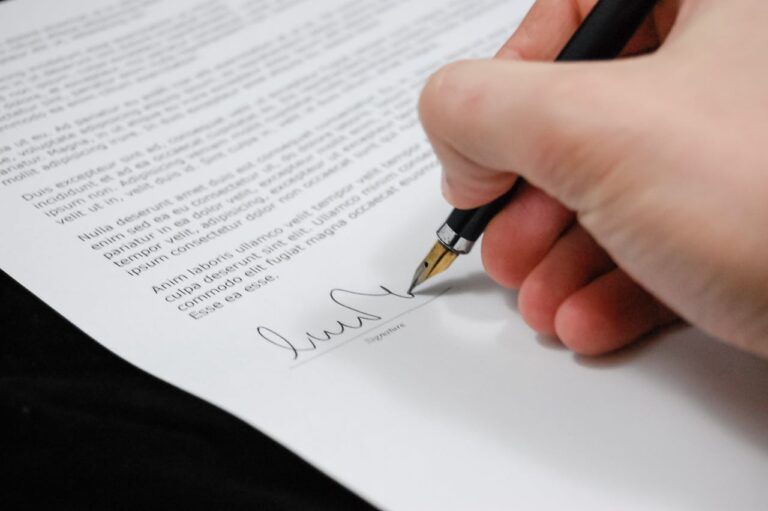Conveyancing is a crucial part of the real estate transaction process. It involves the legal transfer of property ownership from one person to another. This process ensures that all aspects of the sale, including legal requirements and documentation, are handled correctly, protecting both buyers and sellers from potential issues.
What is Conveyancing?
Conveyancing refers to all the legal work required to transfer property ownership. The process starts when an offer on a property is accepted and ends when the buyer receives the keys to their new home. It typically involves several stages, including:
1. Contract Preparation: The seller’s conveyancer prepares a contract of sale, which includes details about the property, terms of the sale, and any special conditions.
2. Searches and Enquiries: The buyer’s conveyancer conducts various searches to check for issues such as outstanding mortgages, property boundaries, and local council restrictions.
3. Exchange of Contracts:Once both parties are satisfied with the contract and searches, they sign the contract, and the exchange of contracts occurs. At this point, the sale becomes legally binding.
4. Completion: The final stage where the buyer transfers the remaining funds, and the seller hands over the keys and legal ownership of the property.
The Role of a Conveyancer
A conveyancer, or a solicitor specializing in property law, manages the conveyancing process. Their role includes preparing and reviewing legal documents, conducting property searches, liaising with banks or mortgage lenders, and ensuring that all legal obligations are met before finalizing the sale.
Why is Conveyancing Important?
Conveyancing is essential because it protects the interests of both the buyer and the seller. For buyers, it ensures that the property they are purchasing has no hidden legal issues or debts attached to it. For sellers, it provides a clear and legal transfer of ownership, freeing them from future claims or disputes related to the property.
Choosing the Right Conveyancer
Selecting a skilled conveyancer or solicitor is critical to a smooth property transaction. Look for professionals with experience in local property laws, good communication skills, and a transparent fee structure. It’s also beneficial to choose someone who is proactive and detail-oriented, as this can prevent delays and complications during the process.
Conveyancing is a vital part of any real estate transaction, ensuring that the transfer of property ownership is conducted legally and smoothly. Whether you’re buying or selling, engaging a knowledgeable conveyancer can help protect your interests and facilitate a successful property transaction. By understanding the conveyancing process, you can navigate your real estate journey with confidence.
